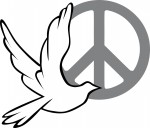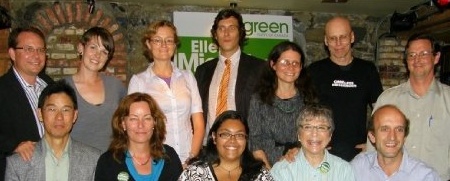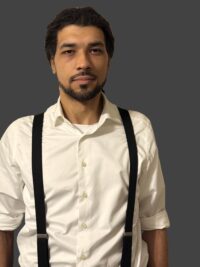In late March 1964, my parents went to visit the newly unveiled Brazilian capital of Brasilia. My mom, pregnant with me, returned to Uberlândia, where my father’s family lived, to their great relief. Brazil had just suffered the military overthrow of their elected government, and my mom and dad, seeing the sights in the capital city, hadn’t even noticed.
Like the recent military coup in Honduras, Brazil’s coup was bloodless. But it ushered in twenty years of political repression, journalistic censorship, disappearances, a pattern of torture, and even amid a time of burgeoning economic growth known as the “Brazilian miracle”, a rise in infant mortality, the collapse of the education system and the polarization of society into a small group of ultra-rich and a huge class of desperately poor. The Brazil that I came to know as a teenager was a Brazil teeming with urban poor clustered in shantytowns of unimaginable squalor. Read more »

 The United Nations’ International Day of Peace is a global holiday when individuals, communities, nations and governments highlight efforts to end conflict and promote peace. Green Party candidates celebrated this event at C’est What in Toronto.
The United Nations’ International Day of Peace is a global holiday when individuals, communities, nations and governments highlight efforts to end conflict and promote peace. Green Party candidates celebrated this event at C’est What in Toronto.
 Explaining my introductory postcard
Explaining my introductory postcard Facebook
Facebook Green Party, Canada
Green Party, Canada Green Party, Ontario
Green Party, Ontario Site news feed
Site news feed